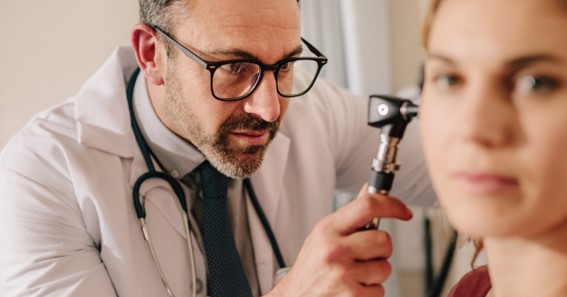One of the essential doctors you’ll have during your life is your Ear, Nose, and Throat Doctor. When you’re young, you may need these to help you with chronic ear troubles. If you’re a senior, you’ll probably need one to address your hearing loss. Therefore, you should learn what they are, what they treat, and when you should see one.
What Is an ENT?
An ENT doctor operates in the field called otolaryngology. That field deals with diagnosing, treating, and managing issues related to your head and neck. Therefore, these doctors tend to deal with the ears, nose, throat, and other things associated with your head and neck.
These individuals are trained in otolaryngology after receiving a standard medical degree. To maintain their certification, they must regularly attend seminars, medical conferences, and classes related to the field. An ENT can specialize in audiology, neurotology, otology, laryngology, rhinology, reconstructive or plastic surgeries, pediatric otolaryngology, or allergies.
What Do They Treat?
Based on the definition of an ENT, they can treat many different conditions related to the head and neck. Typical issues they can treat include ear infections, hearing loss, sleep disorders, swallowing disorders, and speech disorders. You may also see them performing a variety of surgeries, such as adenoid removals, surgeries repairing congenital abnormalities, deviated septums, and eardrum perforations, plastic surgeries, reconstructive surgeries, tonsillectomies, and tumor removals. They can also help with other procedures, such as installing cochlear implants, inserting ear tubes, and fitting patients for hearing aids.
When Should You See One?
If your primary care physician diagnoses you with a problem related to your ear, nose, & throat, it’s time to see this type of specialist. That’s because these doctors can run specific tests concerning your head and neck issues. You can generally get a referral from your primary care doctor if you have concerning symptoms. Some of these include tinnitus, ear infections, swallowing problems, sleeping problems, ear pain, nosebleeds, sore throats, hearing issues, gastroesophageal reflux disease, swimmer’s ear, sinusitis, and allergies. They may also be able to help with breathing difficulties, balance problems, and dizziness.
What To Expect at a Visit?
You can expect to talk to your doctor about your symptoms during your first visit and receive a quick ear, nose, and throat examination. They may also put you through some tests based on their findings. For example, if you have hearing loss or balance problems, you may receive audiometric testing or pressure testing for fluid in your eardrums. You may also receive a nasal exam, nasal endoscopy, neck exam, or voicebox exam.
An Ear, Nose, and Throat doctor can be a good option for people struggling with symptoms in their head and neck region. These doctors have a variety of specialties allowing them to treat many diseases and conditions of the head and neck. If you have persistent symptoms in this region, you should seek a referral from your primary care physician. Your first visit will include an exam and tests to diagnose your condition and find the best treatment.







